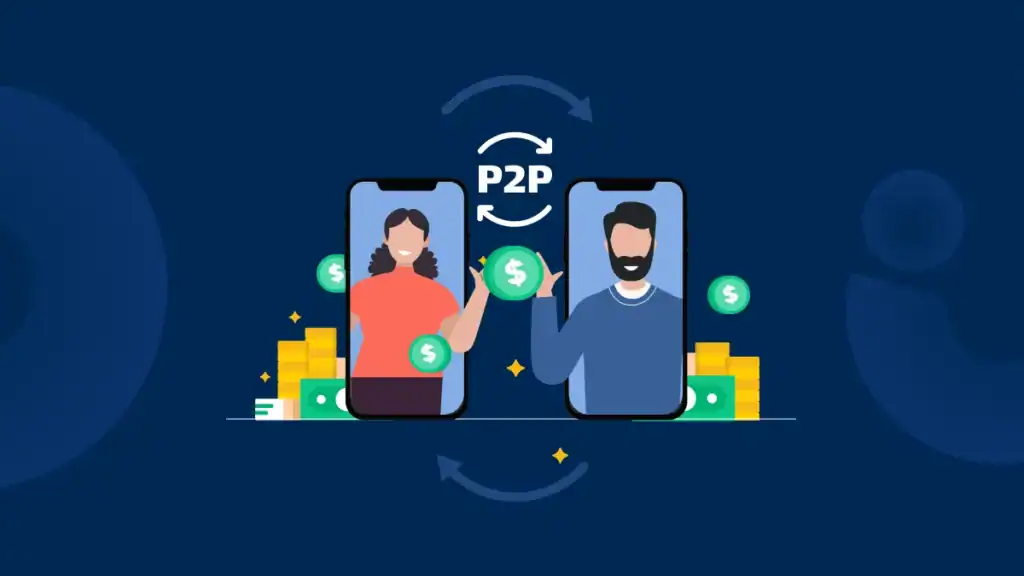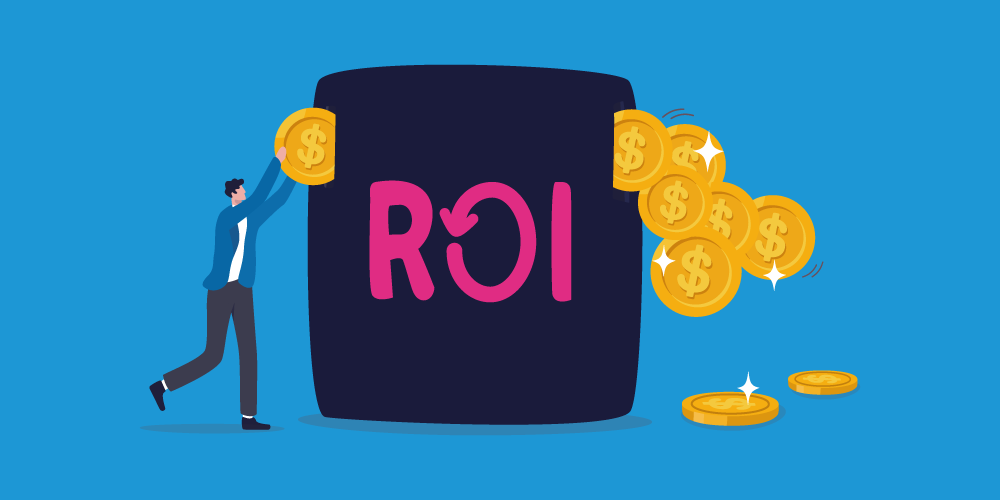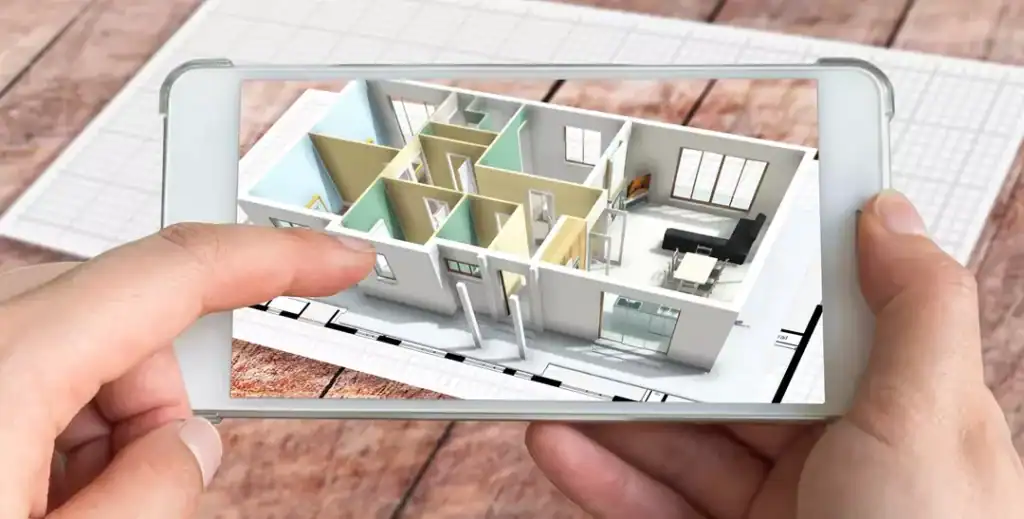The real estate sector has long been one of the most significant pillars of economic growth in Arab countries. With booming urban development, large-scale infrastructure projects, and rising demand for residential and commercial properties, the real estate market continues to attract investors and buyers alike. However, despite rapid development, challenges remain — from lack of transparency and inefficiencies in listing processes to high transaction costs and slow deal closures.
Enter Peer-to-Peer (P2P) Real Estate Listing on MLS Chain, an innovative blockchain-powered platform that promises to revolutionize how real estate transactions are conducted by making them more transparent, efficient, and cost-effective. This article explores what P2P real estate listing means, how the MLS Chain platform works, and why it could be a game changer for the Arab real estate market.
Understanding the Basics: What is Peer-to-Peer Real Estate Listing?

Traditional real estate listings typically rely on centralized Multiple Listing Services (MLS) managed by brokers or real estate agencies. These platforms gather property data, helping buyers and sellers find matches. However, centralized systems come with limitations:
- Lack of transparency: Property information can be incomplete or outdated.
- Dependence on intermediaries: Brokers control access and earn commissions, increasing costs.
- Slow processes: Paperwork and verification take time.
- Limited data security: Centralized databases are vulnerable to hacking or data tampering.
Peer-to-peer (P2P) real estate listing decentralizes the entire process. It enables buyers and sellers to interact directly through a distributed network without relying on a middleman. This direct approach reduces costs, speeds up transactions, and increases trust by making all data verifiable and immutable.
What is MLS Chain?
MLS Chain is a cutting-edge blockchain-based decentralized platform designed specifically for real estate listing and transactions. By combining the power of blockchain technology with P2P networks, MLS Chain allows users to list, search, and transact properties securely and transparently.
MLS Chain leverages:
- Blockchain immutability: All property records and transactions are stored on the blockchain, preventing fraud and ensuring data integrity.
- Smart contracts: Automated contracts that execute when agreed conditions are met, streamlining deals without manual intervention.
- Decentralization: Eliminates the need for a central authority, reducing costs and increasing access.
Why Arab Countries Should Pay Attention to MLS Chain
The Arab world, spanning countries like the UAE, Saudi Arabia, Egypt, Qatar, Bahrain, and others, faces unique real estate challenges. Yet it is also uniquely positioned to benefit from blockchain-powered P2P real estate platforms like MLS Chain. Here’s why:
1. High Real Estate Transaction Volumes
With rapid urbanization and mega-projects such as Dubai’s Expo 2020 legacy developments, Saudi Arabia’s NEOM city, and Egypt’s new administrative capital, real estate transactions have surged. Simplifying and securing these transactions can save time and money for millions of buyers, sellers, and investors.
2. Fragmented Listing Systems
Arab real estate markets often suffer from fragmented listing systems scattered across multiple agencies and platforms. Buyers and sellers struggle to get complete and accurate property information. MLS Chain’s decentralized database consolidates listings, making it easier to find verified properties without intermediaries.
3. Transparency Concerns
Concerns about transparency, property ownership verification, and title fraud are common in some Arab countries. Blockchain’s immutable ledger technology builds trust by ensuring property data cannot be tampered with, helping to curb fraud.
4. Reducing Transaction Costs
Real estate brokers in the region often charge high commissions, adding to buyer and seller costs. By enabling direct P2P deals on the blockchain, MLS Chain reduces reliance on costly intermediaries.
5. Legal and Regulatory Adaptations
Several Arab countries, including the UAE and Bahrain, have already introduced laws to regulate and integrate blockchain technology into real estate. For example, Dubai’s Land Department uses blockchain to digitize property transactions. MLS Chain fits well into this evolving legal landscape, offering compliant and secure solutions.
How Does Peer-to-Peer Real Estate Listing on MLS Chain Work?
To appreciate how MLS Chain can transform real estate, let’s break down the key steps and features of its P2P listing process:
Step 1: Property Listing by Owners or Agents
- Property owners or real estate agents create digital property listings on MLS Chain.
- Each listing includes detailed information: photos, descriptions, property size, location coordinates, ownership documents, and other relevant data.
- All documents are uploaded and hashed on the blockchain, guaranteeing immutability.
Step 2: Verification and Validation
- MLS Chain integrates with government land registries and trusted third-party services to verify property ownership and the authenticity of documents.
- Smart contracts automatically validate the data.
- Verified listings receive a blockchain-based certification badge, assuring buyers of authenticity.
Step 3: Peer-to-Peer Discovery
- Buyers search and filter listings directly on the platform.
- Thanks to the decentralized ledger, buyers can see the full transaction history of properties, previous prices, ownership changes, and liens if any.
- There is no centralized authority controlling access to listings, so users get equal and direct access to all available properties.
Step 4: Negotiation and Offer Submission
- Interested buyers and sellers interact directly through MLS Chain’s secure messaging and offer system.
- Smart contracts facilitate offer submission, counter-offers, and acceptance with recorded timestamps to prevent disputes.
Step 5: Smart Contract Execution and Transaction
- Once both parties agree on terms, a smart contract is triggered.
- This contract holds escrow funds securely and releases them to the seller only when all conditions (ownership transfer, document approval, etc.) are met.
- Property ownership transfer is updated on the blockchain instantly, providing an immutable transaction record.
Step 6: Post-Transaction Record Keeping
- All transaction details remain permanently recorded on the blockchain.
- Buyers and sellers can use this record as proof of ownership or transaction history for future dealings or legal purposes.
Key Benefits of MLS Chain for the Arab Real Estate Market
MLS Chain’s peer-to-peer real estate platform offers multiple benefits that align well with the region’s market needs:
1. Enhanced Transparency and Trust
- The blockchain ledger creates an open, auditable trail of property data and transaction history.
- Reduces fraudulent activities, title disputes, and hidden charges.
- Builds confidence among buyers and investors.
2. Lower Transaction Costs
- By removing intermediaries, MLS Chain reduces commission fees and administrative overhead.
- Smart contracts automate tasks that otherwise require lawyers, brokers, and escrow agents.
3. Faster Transactions
- Digitized processes and automatic execution of contracts accelerate deal closure.
- Reduces weeks or months of paperwork into a matter of days or hours.
4. Greater Market Accessibility
- Enables small investors and first-time buyers to access verified listings without needing expensive brokers.
- Supports fractional ownership and co-investing models through tokenized real estate assets.
5. Improved Data Security
- Decentralized data storage protects against hacking, loss, or tampering.
- Personal and property information is encrypted and only accessible to authorized parties.
6. Facilitates Cross-Border Investment
- The Arab region sees increasing foreign investment in real estate.
- MLS Chain’s transparent and secure platform makes it easier for overseas buyers to verify and transact properties remotely.
Challenges and Considerations for Adopting MLS Chain in Arab Countries
While the MLS Chain promises significant advantages, some challenges must be addressed to ensure successful adoption in Arab real estate markets:
1. Legal and Regulatory Framework
- Real estate laws and regulations differ between Arab countries.
- Harmonizing blockchain-based property transactions with existing land registry laws requires legal reforms and government buy-in.
- Governments need to recognize blockchain records as legally binding.
2. Digital Literacy and Adoption
- Many property sellers and buyers in the region may not be familiar with blockchain technology.
- Awareness campaigns, education, and user-friendly interfaces are necessary for widespread acceptance.
3. Integration with Existing Systems
- MLS Chain must integrate smoothly with national land registries, banks, and legal systems.
- Interoperability with traditional real estate portals and MLS databases is also important.
4. Data Privacy Concerns
- Although blockchain enhances transparency, protecting sensitive personal and financial data is critical.
- MLS Chain must comply with local privacy laws and implement robust encryption standards.
5. Infrastructure and Internet Accessibility
- Reliable internet connectivity and blockchain infrastructure are essential.
- Some rural or underdeveloped areas may face challenges in accessing the platform.
Real-Life Use Cases and Success Stories
Several Arab countries are already exploring blockchain applications in real estate, setting the stage for MLS Chain adoption:
Dubai, UAE
Dubai Land Department (DLD) launched the Real Estate Self Transaction (REST) platform, a blockchain-powered solution that digitizes property transactions end-to-end. It has recorded billions in transactions and reduced the time needed for property deals dramatically.
MLS Chain could complement and extend such initiatives by offering P2P listing capabilities accessible to all market participants beyond official registries.
Bahrain
Bahrain Economic Development Board has introduced blockchain regulations encouraging innovation in finance and real estate. Early-stage startups are building decentralized property listing and transaction tools inspired by platforms like MLS Chain.
Egypt
Egypt’s government is digitizing land records and encouraging blockchain adoption to improve real estate transparency and combat corruption. MLS Chain’s decentralized listing can help accelerate these efforts by providing a trusted marketplace.
How Investors and Buyers Can Get Started with MLS Chain
For Arab investors and buyers curious about P2P real estate on MLS Chain, here’s a roadmap:
1. Learn About Blockchain and MLS Chain Features
Understand the basics of blockchain, smart contracts, and how MLS Chain functions. Numerous online resources and webinars are available.
2. Register on the MLS Chain Platform
Create an account on the MLS Chain app or website. Verify your identity per KYC (Know Your Customer) regulations.
3. Browse Verified Listings
Search for properties that meet your criteria. Use filters to find properties in your preferred city or price range.
4. Communicate Directly with Sellers
Initiate secure chats or offers through MLS Chain’s messaging system. Negotiate price and terms transparently.
5. Execute Smart Contracts for Deals
Once both parties agree, let the smart contract handle payment escrow and ownership transfer.
6. Keep Your Transaction Records
Use the blockchain records as your ownership proof and for future resale or legal documentation.
Multiple Listing Services Software Providers
Multiple Listing Services Software Providers drive the success of MLS platforms by supplying the technology behind accurate listings and reliable property data. Their innovations support agents and brokers in every stage of the deal.
Global providers like CoreLogic Matrix MLS, Black Knight Paragon, FBS Flexmls, Rapattoni, and Bridge Interactive deliver IDX solutions, mobile apps, advanced analytics, and reporting.
ArabMLS leads MLS growth in the Middle East and North Africa, establishing country-focused systems such as Egypt MLS, Dubai MLS, Saudi MLS, Qatar MLS, and Bahrain MLS. These adapt international practices to regional needs.
This enhances transparency, streamlines processes, and builds trust across local property markets.
Conclusion: A New Era for Arab Real Estate with MLS Chain
Peer-to-peer real estate listing on MLS Chain represents a paradigm shift in how properties are bought and sold in the Arab world. By leveraging blockchain’s transparency, security, and decentralization, MLS Chain addresses many of the inefficiencies and trust issues that have long plagued the regional real estate market.
As Arab countries continue embracing digital transformation and blockchain-friendly regulations, MLS Chain’s P2P platform can empower buyers, sellers, and investors alike with faster, cheaper, and more transparent transactions. The future of real estate in the Arab world is not just brick and mortar — it is digital, decentralized, and democratized.













